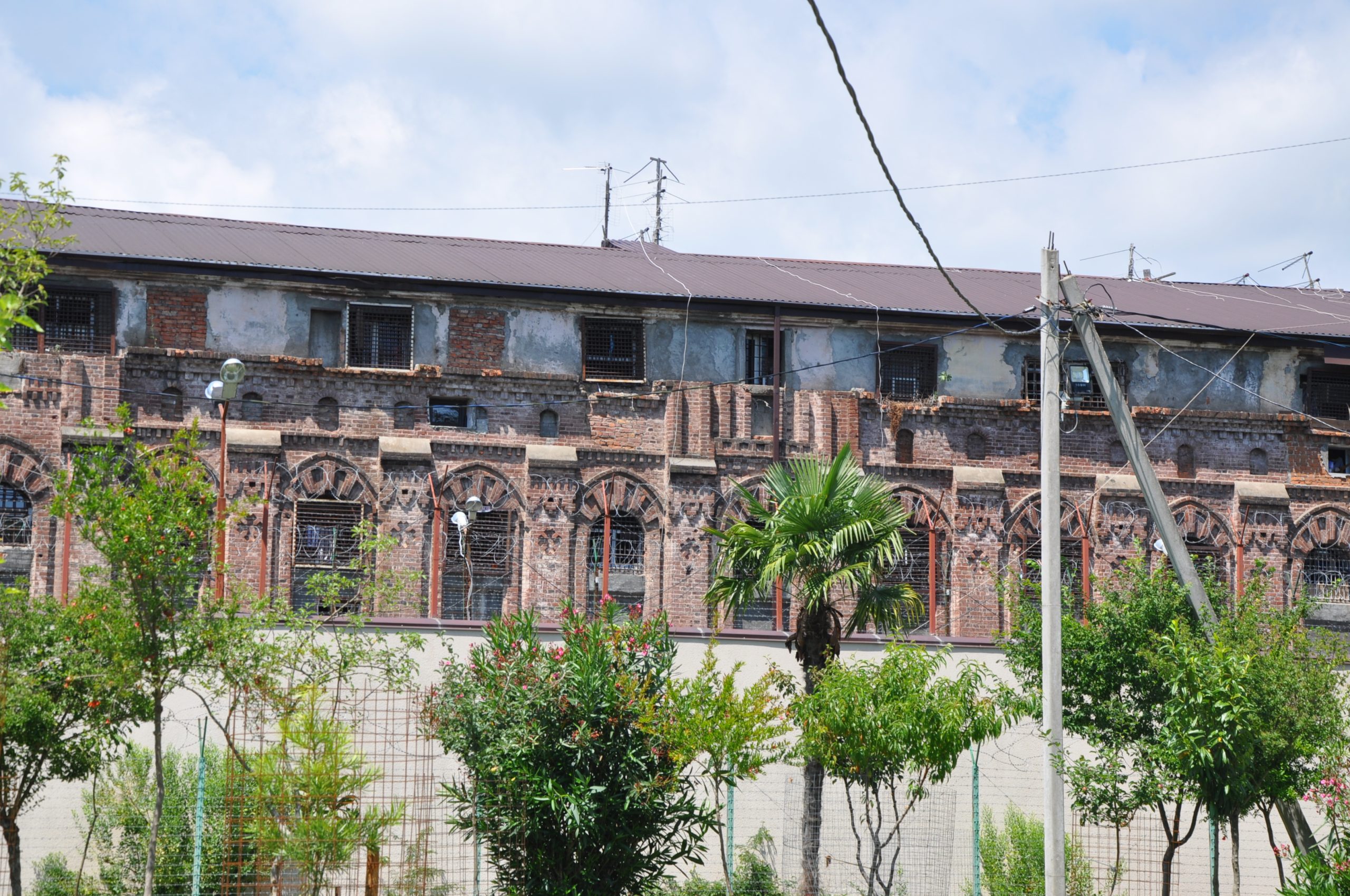Expertise exists, but no law: How forensic psychiatry works in Abkhazia
Forensic psychiatry in Abkhazia
While psychiatric care is provided in Abkhazia, including forensic psychiatric evaluations conducted by psychiatrists and specialized hospitals, there is no specific law regulating these practices.
In simple terms, there are no legislative guidelines for diagnosing and treating mental illnesses. Doctors and lawyers rely on either outdated Soviet norms, health care and administrative procedural laws, or act “based on circumstances.”
This lack of regulation impacts the process of declaring someone mentally ill and raises questions about whether having such a law could have prevented certain crimes.
- “Ordinary people”: how Abkhazia resists drug traffickers from Russia and Central Asia
- Police brutality in Abkhazia: Torture as the norm
- Stories about the state of human rights in Abkhazia
Forensic psychiatric evaluations in Abkhazia follow a similar procedure to those worldwide, with the notable exception that this procedure is not legally formalized.
After a person accused of a crime is arrested, the investigation is authorized to order a psychiatric evaluation, which is conducted at a psychiatric hospital. The investigation formulates questions for the experts to determine the accused’s responsibility for their actions, as explained by Irina Anua, the hospital’s chief physician, in an interview with Abaza-TV:
“Comprehensive evaluations are conducted with forensic psychologists and forensic medical experts. The composition of the expert team is determined by the head of the commission. Various methods are used in forensic psychiatric evaluations, with the primary method being clinical: collecting history and conducting interviews.”
After the evaluation, experts produce a report detailing the results and conclusions, including whether or not a mental illness diagnosis is present. If a mental illness is diagnosed, it absolves the accused of criminal responsibility.
Hospital instead of pretrial detention
Konstantin Chagava, Chairman of the Bar Association of Abkhazia, has encountered various cases related to psychiatric disorders throughout his career:
“A person who commits a crime might be mentally unstable without realizing it. Mental disorders can develop during or after the crime, even in places of detention.
While we don’t frequently request forensic psychological and psychiatric evaluations, we do make such requests periodically. It depends on the situation and the case materials. When handling a case, we examine everything about the person: their activities before the crime, their behavior, and whether they were undergoing any treatment.”
If a person found guilty of a crime is declared mentally ill, they are admitted to a hospital, and the decision about how long they stay there is made solely by medical professionals. Neither the court nor the prosecution intervenes in this process.
Sometimes, an accused person is placed in a hospital even before the evaluation if it is clear that the crime could not have been committed with a sane mind. For instance, in cases involving cannibalism. Konstantin Chagava recently dealt with such a case:
“A man named Khalil, a Syrian national, rented a room in Sukhum. A woman was renting a room in the same building. I don’t know what happened before that, but he killed her and tried to eat her. He was caught at the scene. I’m almost 80, and I’ve never encountered anything like this before. He was taken to the hospital under guard, and the evaluation later confirmed that he was ill,” the lawyer recounts.
- A horrific crime in Azerbaijan – a young man killed five members of his family
- Heroization and stigma: Psychological problems faced by war veterans in Armenia
Lawyers report that there have been cases where the same person committed a crime two or even three times and was each time declared mentally incompetent by the evaluation. This created a repetitive cycle. Occasionally, someone previously deemed mentally incompetent might be declared competent after committing another crime.
In Abkhazian society, there is a belief that influential or wealthy criminals can “choose” a psychiatric hospital as an alternative to a detention center. This is not just a rumor. One of our sources, speaking on condition of anonymity, revealed that a few years ago, a completely healthy crime boss ended up in a psychiatric hospital and left whenever he wanted.
Forensic psychiatry in Abkhazia
From time to time, the lack of preventive psychiatry in Abkhazia becomes a topic of discussion. The behavior of certain individuals in society clearly indicates the need for treatment before they commit any wrongdoing.
Psychiatrist Gvantsa Machavariani works at a narcological dispensary while also maintaining a private practice. She laments that seeking help from psychiatrists is still considered shameful in Abkhazian society. Often, even close relatives of mentally ill individuals pretend everything is fine. Dr. Machavariani recalls a case from her practice:
“One young man believed he was being followed and that someone wanted to kill him. He told me about it during a session, and his sister, who was sitting next to him, started to justify each of his symptoms, finding rational explanations for all of them. At one point, I asked, ‘If this whole story about being followed is true, then why did you come to see me?’
I prescribed him medication, and we agreed he would come back in a week. But he didn’t return after a week, nor after two weeks. A month later, I found out he had killed someone else and then taken his own life because he believed that person’s demons wanted to possess him. I was very sorry because I knew that medical intervention could have prevented the tragedy.”
Abkhazian psychiatrists are convinced that the adoption of a law on the provision of psychiatric care and the guarantee of citizens’ rights during its provision is necessary. Such a law would protect the rights of those suffering from disorders and, importantly, the rights of the medical professionals themselves.
Forensic psychiatry in Abkhazia
Terms, place names, opinions and ideas suggested by the author of the publication are her / his own and do not necessarily coincide with the opinions and ideas of JAMnews or its individual employees. JAMnews reserves the right to remove comments on posts that are deemed offensive, threatening, violent or otherwise ethically unacceptable.




















